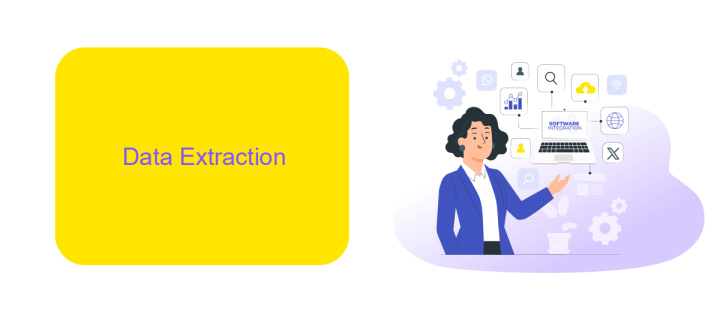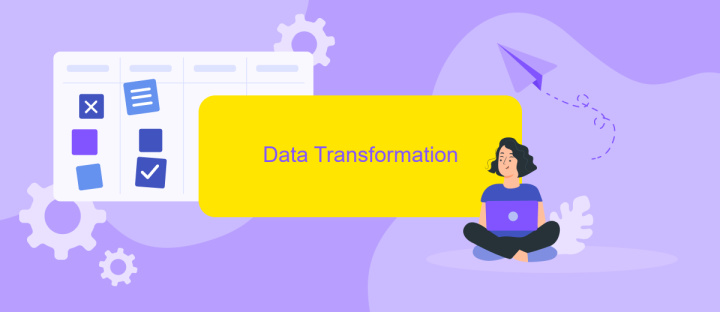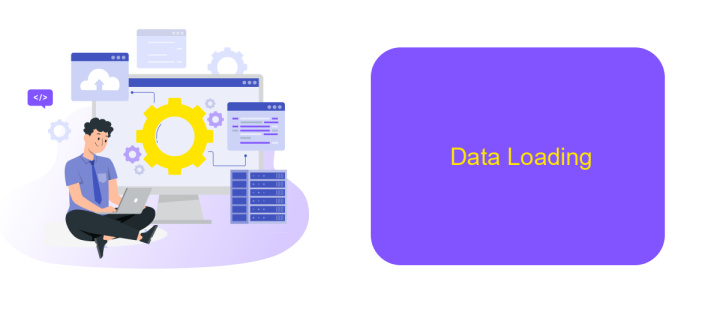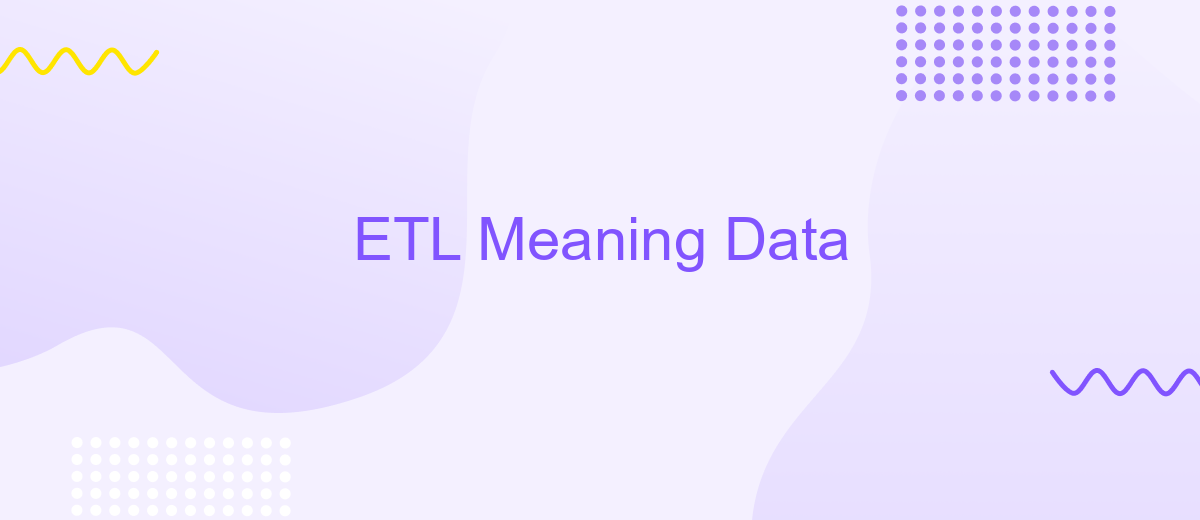ETL Meaning Data
ETL, which stands for Extract, Transform, Load, is a crucial process in data management and analytics. It involves extracting data from various sources, transforming it into a suitable format, and loading it into a data warehouse or other storage systems. This process enables organizations to consolidate data for analysis, ensuring accurate and actionable insights.
Introduction
ETL, which stands for Extract, Transform, Load, is a critical process in the field of data management. It involves extracting data from various sources, transforming it into a suitable format, and loading it into a data warehouse or other storage systems. This process is essential for ensuring that data is accurate, consistent, and usable for business intelligence and analytics.
- Extract: Gathering data from multiple sources such as databases, APIs, and flat files.
- Transform: Cleaning, enriching, and converting the data into a desired format.
- Load: Importing the transformed data into a target system, such as a data warehouse.
Modern ETL tools and services, like ApiX-Drive, simplify the integration process by offering automated workflows and seamless data transfers between various applications. By using such services, businesses can save time, reduce errors, and ensure data integrity, making it easier to derive actionable insights from their data.
Data Extraction

Data extraction is the initial phase of the ETL process, where raw data is collected from various sources. These sources can include databases, web services, flat files, APIs, and more. The key objective during this phase is to gather all relevant data while ensuring its accuracy and completeness. Effective data extraction requires robust tools and methodologies to handle diverse data formats and structures, making it a critical step in preparing data for subsequent transformation and loading phases.
Modern data extraction often involves the use of automated integration services to streamline the process. For instance, ApiX-Drive offers a versatile platform that simplifies the extraction of data from multiple sources through pre-built connectors and customizable workflows. This service allows businesses to efficiently gather data without extensive manual intervention, ensuring a seamless and accurate extraction process. By leveraging such tools, organizations can save time and resources, ultimately enhancing the overall efficiency of their ETL operations.
Data Transformation

Data transformation is a crucial step in the ETL process, where raw data is converted into a format suitable for analysis. This step ensures that the data is clean, consistent, and usable for decision-making purposes. During transformation, various operations such as sorting, filtering, aggregating, and joining data from different sources are performed to meet business requirements.
- Data Cleaning: Removing duplicates, handling missing values, and correcting errors.
- Data Integration: Combining data from multiple sources to provide a unified view.
- Data Aggregation: Summarizing data to provide insights, such as calculating averages or totals.
- Data Enrichment: Enhancing data by adding relevant information from external sources.
- Data Formatting: Converting data into a specific format or structure required by the target system.
Tools like ApiX-Drive can significantly simplify the data transformation process by automating integrations between various systems. ApiX-Drive allows users to set up data workflows without needing extensive technical knowledge, ensuring that data is accurately transformed and ready for analysis. This automation not only saves time but also reduces the risk of errors, making the data transformation process more efficient and reliable.
Data Loading

Data loading is the final step in the ETL (Extract, Transform, Load) process, where the transformed data is moved into a target system, such as a data warehouse, database, or data lake. This step is crucial as it ensures that the prepared data is accessible for analysis, reporting, and decision-making.
There are various methods for loading data, including full load, incremental load, and real-time load. The choice of method depends on the specific requirements of the organization and the nature of the data being processed. For instance, a full load involves loading all data at once, while an incremental load updates only the changes since the last load.
- Full Load: Transfers all data to the target system.
- Incremental Load: Updates only the changed or new data.
- Real-Time Load: Continuously updates data in real-time.
Tools like ApiX-Drive can simplify the data loading process by offering seamless integration with various data sources and target systems. ApiX-Drive provides automation capabilities that reduce manual intervention, ensuring data is loaded accurately and efficiently. This not only saves time but also minimizes the risk of errors, making it an invaluable asset for businesses looking to streamline their ETL workflows.


Conclusion
In conclusion, understanding the meaning and processes of ETL (Extract, Transform, Load) is fundamental for any organization aiming to leverage data for strategic decision-making. ETL workflows enable businesses to efficiently consolidate data from various sources, transform it into a usable format, and load it into a centralized repository, ensuring data consistency and accuracy. This process not only enhances data quality but also facilitates better analytics and reporting.
Moreover, integrating ETL solutions with services like ApiX-Drive can significantly streamline the data integration process. ApiX-Drive offers a user-friendly platform that simplifies the setup of integrations, allowing businesses to automate data flows between different systems without the need for extensive coding. By leveraging such tools, organizations can reduce manual efforts, minimize errors, and ensure real-time data synchronization, ultimately leading to more informed and timely business decisions.
FAQ
What does ETL stand for in data processing?
Why is ETL important in data management?
How often should ETL processes run?
What are some common challenges in ETL processes?
How can automation tools help with ETL processes?
Time is the most valuable resource in today's business realities. By eliminating the routine from work processes, you will get more opportunities to implement the most daring plans and ideas. Choose – you can continue to waste time, money and nerves on inefficient solutions, or you can use ApiX-Drive, automating work processes and achieving results with minimal investment of money, effort and human resources.

